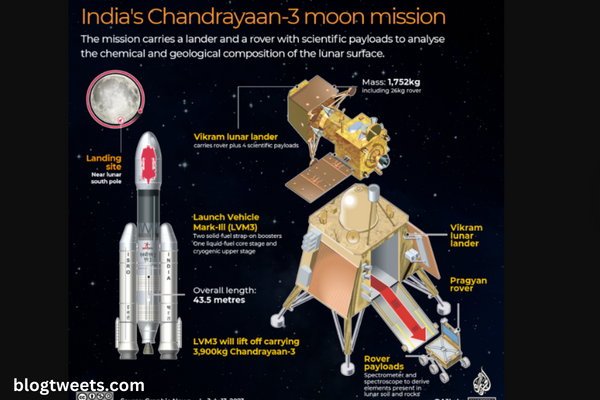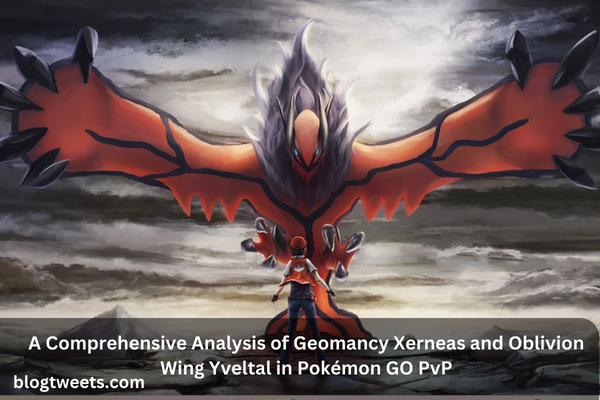UAE’s Rashid rover on the Moon and Japan’s first private Hakuto-R mission were both lost

in brief
The Japanese word for “white rabbit” is “Hakuto,” and it was created as a transport vehicle.
On Tuesday, the 2.3-meter-tall M1 lander started an hour-long landing phase. The spacecraft was travelling at around 6,000 kilometres per hour.
On Tuesday night, a private Japanese expedition tried and failed to touch down on the moon. Currently, it appears like the Hakuto-R mission crashed landed on the surface after a quick landing attempt with the Rashid rover from the United Arab Emirates.
Ispace authorities claimed in a live video, “We have not been able to establish communication and we have to assume that we could not complete the landing on the lunar surface.”
The spacecraft was launched on a SpaceX Falcon-9 rocket in December of last year and has been in lunar orbit for nearly a month. On Tuesday, the Hakuto-R started its fall towards the lunar surface while flying at a speed of 6,000 kilometres per hour from a height of 100 kilometres above the Moon’s surface.
Even though the simulation indicated the landing to be on target, communication was still obstructed during the landing attempt. Then it was determined that it was lost.
The approximately 6,000 km/h speed was supposed to be considerably reduced.
The lander was intended to launch the four-wheeled “Rashid” Rover from the United Arab Emirates as well as a two-wheeled, baseball-sized rover that was created by JAXA, Tomy, and Sony Group.
FOR THE PRIVATE SECTOR, IT IS STILL A BIG BOOST
Despite the project’s failure, ispace’s Hakuto-R became the first privately sponsored mission to enter lunar orbit and attempt a landing while carrying a client payload from the UAE space agency.
State-funded space organisations have historically dominated space exploration, but commercial aerospace firms are starting to take the lead. Private firms, like SpaceX, ispace, Relativity Space, and Skyrooot in India, are driving the sector. ln order to survive the perilous landing approach and a safe touchdown, dropped to zero within the 100 km descent.
With its Starship Super Heavy rocketship, which recently made its first attempt at an orbital mission, Elon Musk’s SpaceX intends to send people to the Moon. Although the rocketship did not enter orbit, SpaceX remains optimistic that it will do so within a year. The business has previously declared that the Dearmoon mission will be the Starship’s first human-manned lunar flight.
“As iSpace aimed to open up space for humanity, it highlighted the synergy that can be achieved when nations work together to make history as the first lunar landing for a commercially constructed spacecraft. The launch of a Japanese lunar lander carrying a UAE-developed rover by a private US rocket is impressive. This strengthens the private space industry globally and gives Asia more momentum as a space power, according to Pawan Kumar Chandana, co-founder and CEO of Skyroot Aerospace, who spoke to IndiaToday.in.
THE MOON IS BUSY
With multiple expensive missions planned for the lunar surface, the Moon is expected to be a busy piece of real estate in the upcoming years. In addition to space, the US has revealed its Artemis-II mission, which will send a woman and a person of colour into lunar orbit for the first time. This will likely launch in 2024 and will be the first crewed journey to the Moon in more than 50 years.
The ispace mission control centre reports that it is still looking into the lander transmission from the HAKUTO-R.
The ambitious Chandrayaan-3 mission to the Moon, which would attempt a successful landing on the lunar surface, is currently being prepared for flight by India. The Chang’e series of rovers and a joint research facility with Russia are part of China’s next phase of lunar exploration, which was also announced.
With everything going on, the Moon is soon going to influence not only Earth’s myths and culture but also its economy and politics.








